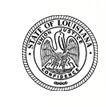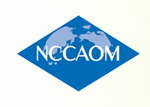
|
NEW ORLEANS (504) 362- 8020 | MANDEVILLE (985) 635-8846 | |||||||||||||||||||||||||||||||
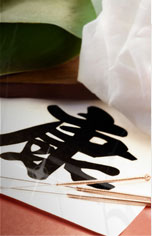 |
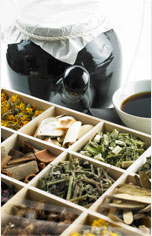 |
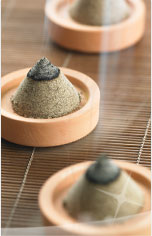 |
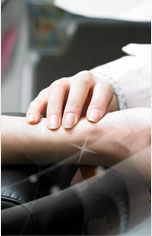 |
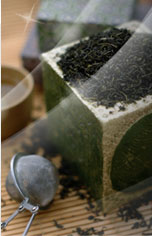 |
||||||||||||||||||||||||||||
Safety of Traditional Chinese Medicine (TCM)Side Effects and RisksAcupunctureAcupuncture is largely accepted to be safe from the results gained through medical studies. Relatively few complications have been reported to the FDA from the use of acupuncture. Dizziness and minor bruising may result from acupuncture treatment. Bruising or minor burning are potential risks of cupping, Gua Sha, or moxibustion therapy. Several cases of pneumothorax, nerve damage and infection have been reported as serious adverse events resulting from acupuncture treatments. These adverse events are extremely rare, especially when compared to other medical interventions, and mostly because of practitioner negligence. The U.S. Food and Drug Administration (FDA) regulates acupuncture needles for use by licensed practitioners, requiring that needles be manufactured and labeled according to certain standards. For example, the FDA requires that needles be sterile, nontoxic, and labeled for single use by qualified practitioners only. Acupuncturists who are certified by the National Certification Commission for Acupuncture and Oriental Medicine (NCCAOM) must take special courses in Clean Needle Technique (CNT) in other to obtain their certification. CNT courses include comprehensive methods of sterilization of acupuncture needles and equipment, prevention of transmission of blood-borne pathogens, proper disposal of contaminated waste, and other safety aspects of acupuncture.
Chinese Herbal MedicineWhile herbal medicine is generally very safe, extra attention is always paid to any possible drug/herb interaction. Cases of acute and chronic poisoning due to an allergic reaction after taking certain Chinese herbal medicines have been reported in China, Hong Kong, and Taiwan; however, in most cases, this happened when patients self-prescribe herbs or take unprocessed versions of toxic herbs. Some potential side effects of taking herbs are nausea, gas, stomachache, vomiting, headache, diarrhea, rashes, hives, and a tingling sensation in the tongue. Some herbs may be inappropriate during pregnancy, so it is very important to inform your acupuncturist if you are or become pregnant.
Find Qualified PractitionerMost states license acupuncture, but states vary in their inclusion of other TCM components (e.g., herbal medicine) in the licenses they issue. The federally recognized Accreditation Commission for Acupuncture and Oriental Medicine (ACAOM) accredits schools that teach acupuncture and TCM, and about one-third of the states that license acupuncture require graduation from an ACAOM-accredited school. The NCCAOM offers separate certification programs in acupuncture, Chinese herbology, and Oriental bodywork. Almost all licensing states require completion of NCCAOM's national written exam; some states also require a practical exam. The NCCAOM upholds the highest certification standards in the USA, and requirements include, besides undergraduate studies, at least 3 years of specialized study for the Diplomate in Acupuncture designation, and at least 4 years for the additional Diplomate in Chinese Herbology designation, as well as passage of comprehensive board exams. A new comprehensive certification, the Diplomate of Oriental Medicine designation, is now available, and includes all other NCCAOM certifications, including the Oriental Medicine Bodywork certification.
|
||||||||||||||||||||||||||||||||
|
||||||||||||||||||||||||||||||||
| Copyright © 2011 Acupuncture Wellness Center. All Rights Reserved. | ||||||||||||||||||||||||||||||||
